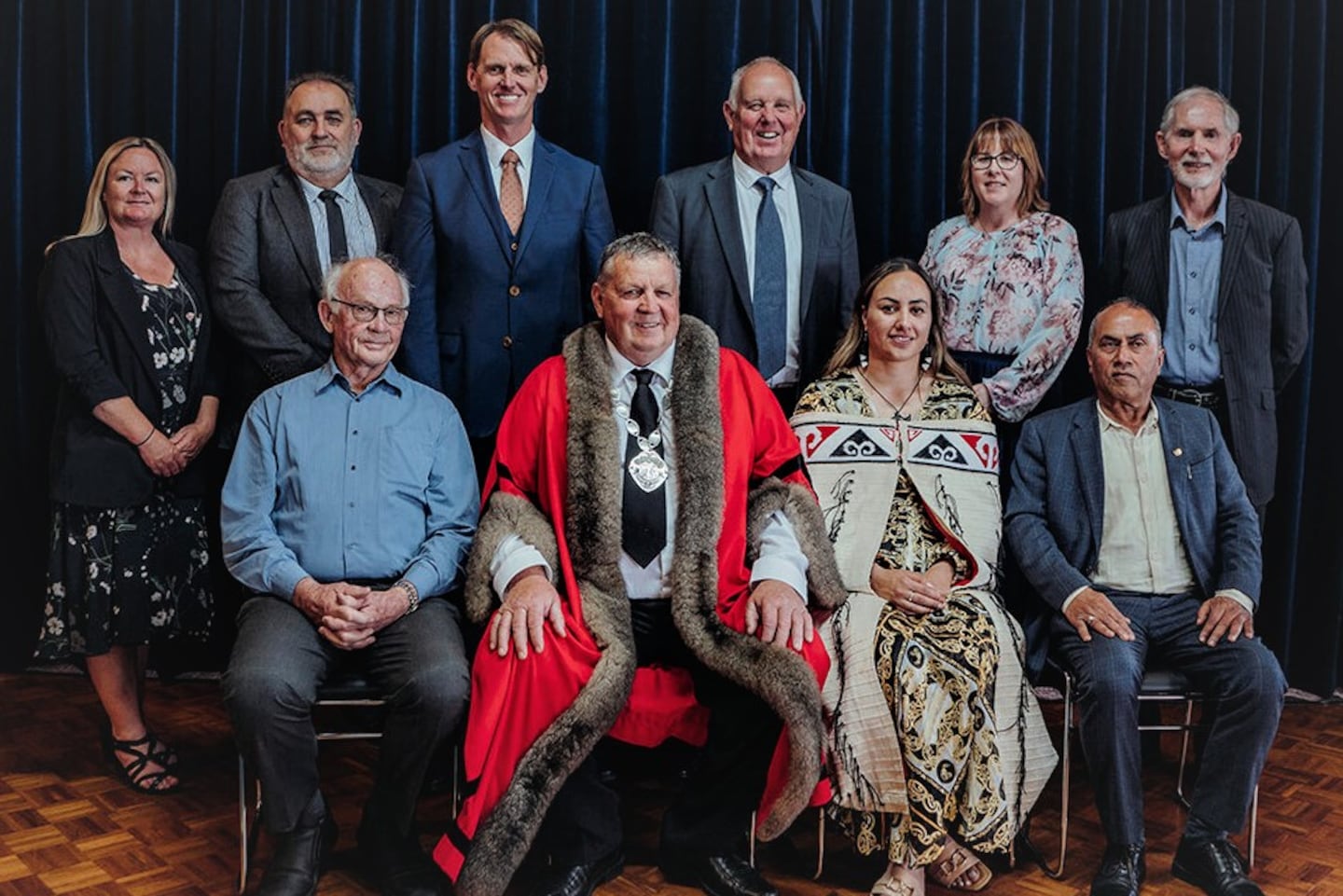Te Rūnanga o Ngāti Whātua says it has “no choice” but to file High Court proceedings against the Kaipara District Council (KDC), which voted to disestablish its Māori ward ahead of the 2025 local body elections.
The judicial review proceedings were filed before the vote, with the rūnanga warning it would also seek an injunction should the motion pass, which it did.
The rūnanga takes issue with KDC’s obligations under sections 81 and 82 of the Local Government Act 2002, which read as follows.
Section 81(1) requires that a local authority must:
(a) Establish and maintain processes to provide opportunities for Māori to contribute to the decision-making processes of the local authority; and
(b) Consider ways in which it may foster the development of Māori capacity to contribute to the decision-making processes of the local authority; and
(c) Provide relevant information to Māori for the purposes of paragraphs (a) and (b)
Section 82(2) also states:
A local authority must ensure that it has in place processes for consulting with Māori in accordance with subsection (1).
— Local Government Act 2002
The rūnanga says it represents local Māori and was not contacted, and, while others were contacted, it was late on the night of Thursday, August 1 - less than a week before the extraordinary meeting held this morning.
“The whole point is good decision making and the council is required to give local Māori a real opportunity to input and to provide the relevant information and documents to allow for that. Providing that information is also required by the Local Government Act.”
“How is the council going to ‘improve opportunities for Māori to contribute to local government decision making’ if the Māori ward is disestablished?”, the rūnanga questioned in a statement.
“Te Rūnanga o Ngāti Whātua, Te Uri o Hau, Te Roroa and Te Kuihi need time to bring their uri together and get their views before they can respond on their behalf. This is not optional on their part. They also cannot speak at the extraordinary meeting to councillors to convey the view of their uri until they have had a chance to speak to their uri.”
“If the council is not going to properly seek Māori input into the decision to retain or disestablish the Māori ward, then when would it?”
The rūnanga asked the council to defer the meeting to allow time for consultation with iwi and hapū.
Councillor Pera Paniora used the extraordinary meeting to move a motion which would have done just that but it was shot down in a 6-4 vote against.
Te Rūnanga o Ngāti Whātua alleges the decision by the council is unlawful, and a waste of ratepayer funds.
“We didn’t want to have to sue but we also didn’t want the council to move to spend $25,000 on a shortened representation review based on a decision to disestablish Maōri wards that is illegal.”



